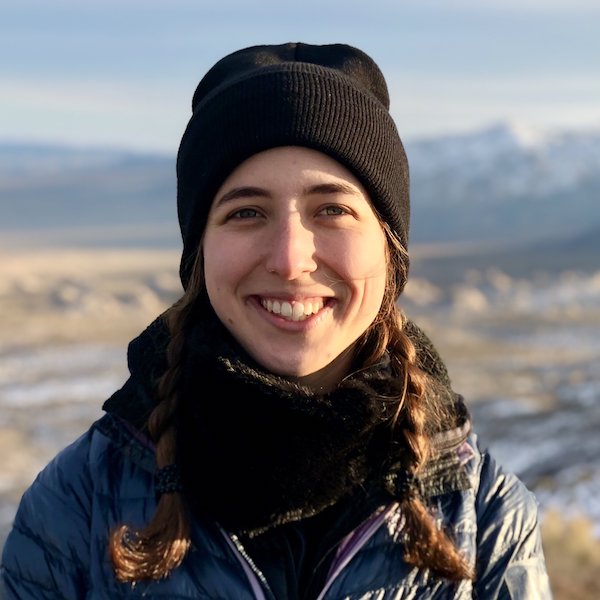
Rachel Woods-Robinson (she/her) is a CEI Distinguished Postdoctoral Fellow, with a collaborative appointment at the National Renewable Energy Laboratory (NREL). Dr. Woods-Robinson’s research focuses on assessing environmental and human impacts of scaling solar photovoltaic (PV) materials and other emerging technologies to address the climate crisis. Her research interests span from the nanoscale, such as sustainable materials discovery of new crystals for renewable energy, to the terawatt scale, such as strategies to scale photovoltaics to 2050 net-zero goals. She is mentored by Alberta “Birdie” Carpenter at NREL, is hosted at the UW by David Ginger, and collaborates with industrial partners.
Dr. Woods-Robinson received her Ph.D. in Applied Science and Technology with a focus on Materials Physics from the University of California-Berkeley in Fall 2021. She received a Chancellor’s Research Fellowship, NSF Graduate Research Fellowship, and Ross N. Tucker award to combine computational and experimental techniques to design transparent contact materials for PV. As a postdoctoral scholar at Lawrence Berkeley National Laboratory, she conducted computational research on semiconductor absorption processes and high-throughput screenings for solar energy. As a CEI fellow, she applies this materials science and sustainability background to help integrate life cycle thinking throughout the R&D process of PV materials and technologies.
In addition to research, Dr. Woods-Robinson aims to support scientists in sharing work accessibly and engaging collaboratively with communities, while sneaking in outdoor adventures whenever possible. She co-founded Cycle for Science, in which scientists go on bicycle tours and visit K-12 classes to teach hands-on lessons about sustainable materials. She also instructs Cycle the Rockies (though the Wild Rockies Field Institute), an immersive month-long course in which undergraduates ride bicycles across Montana to learn about local energy and climate impacts.
Email | Website | X (Twitter)



